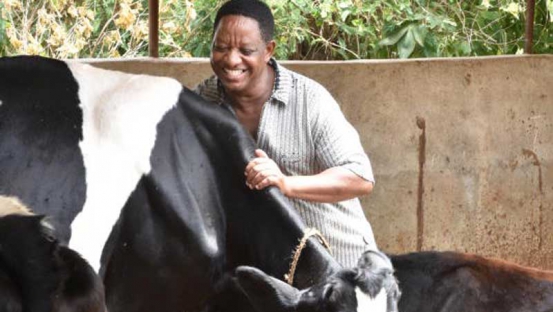×
The Standard e-Paper
Smart Minds Choose Us

“Rabies in cows?” Joseph Mutuku, a dairy farmer in Makueni County, wonders when we ask if he is aware that the virus affects cattle too.
Mutuku believes rabies is a disease that affects dogs and humans only. Here is the thing though: if a cow died of rabies not many farmers would know.